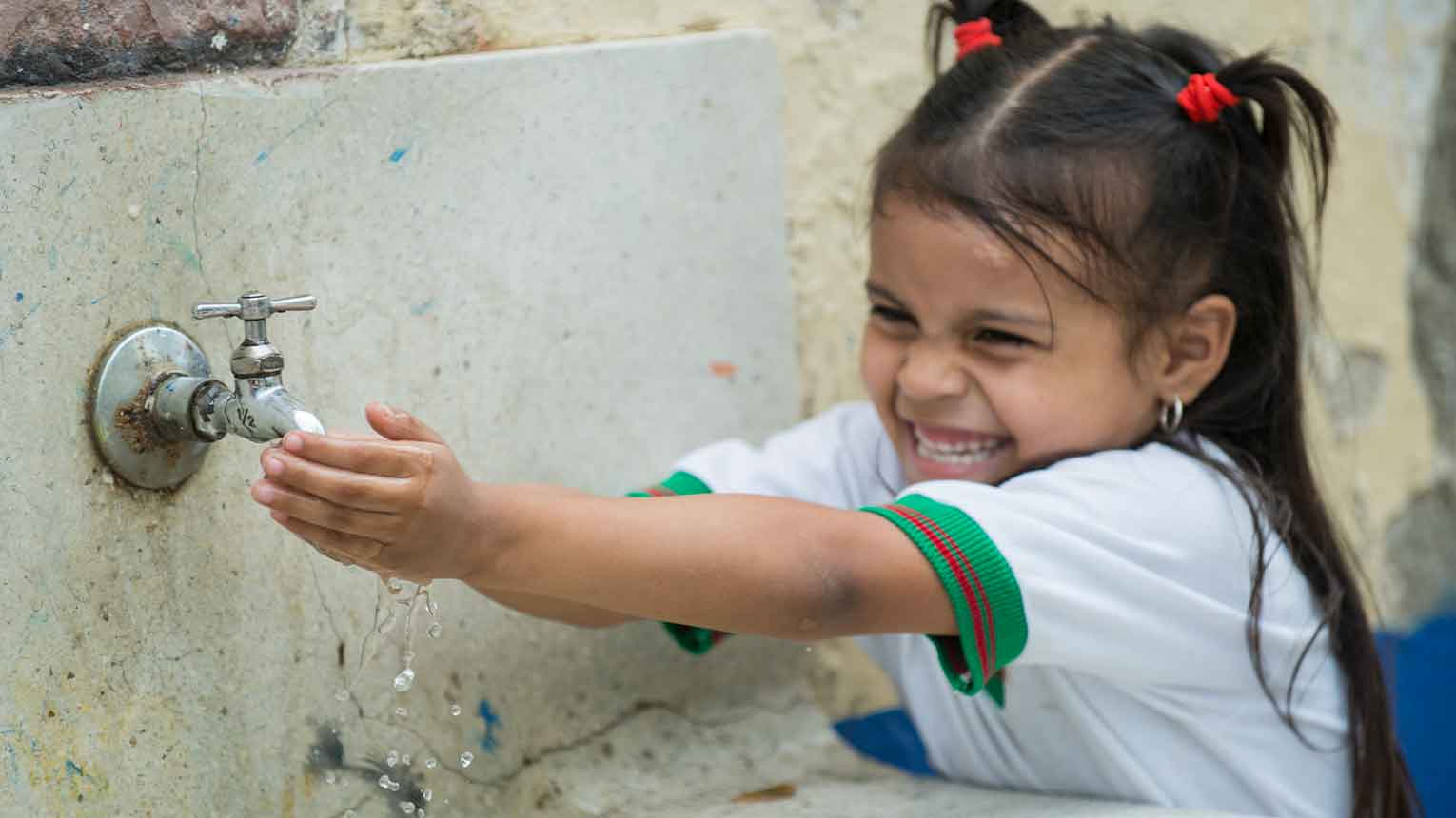Serve on the front lines of global health.
Close Menu
Fairfield University

©2026 Fairfield University
